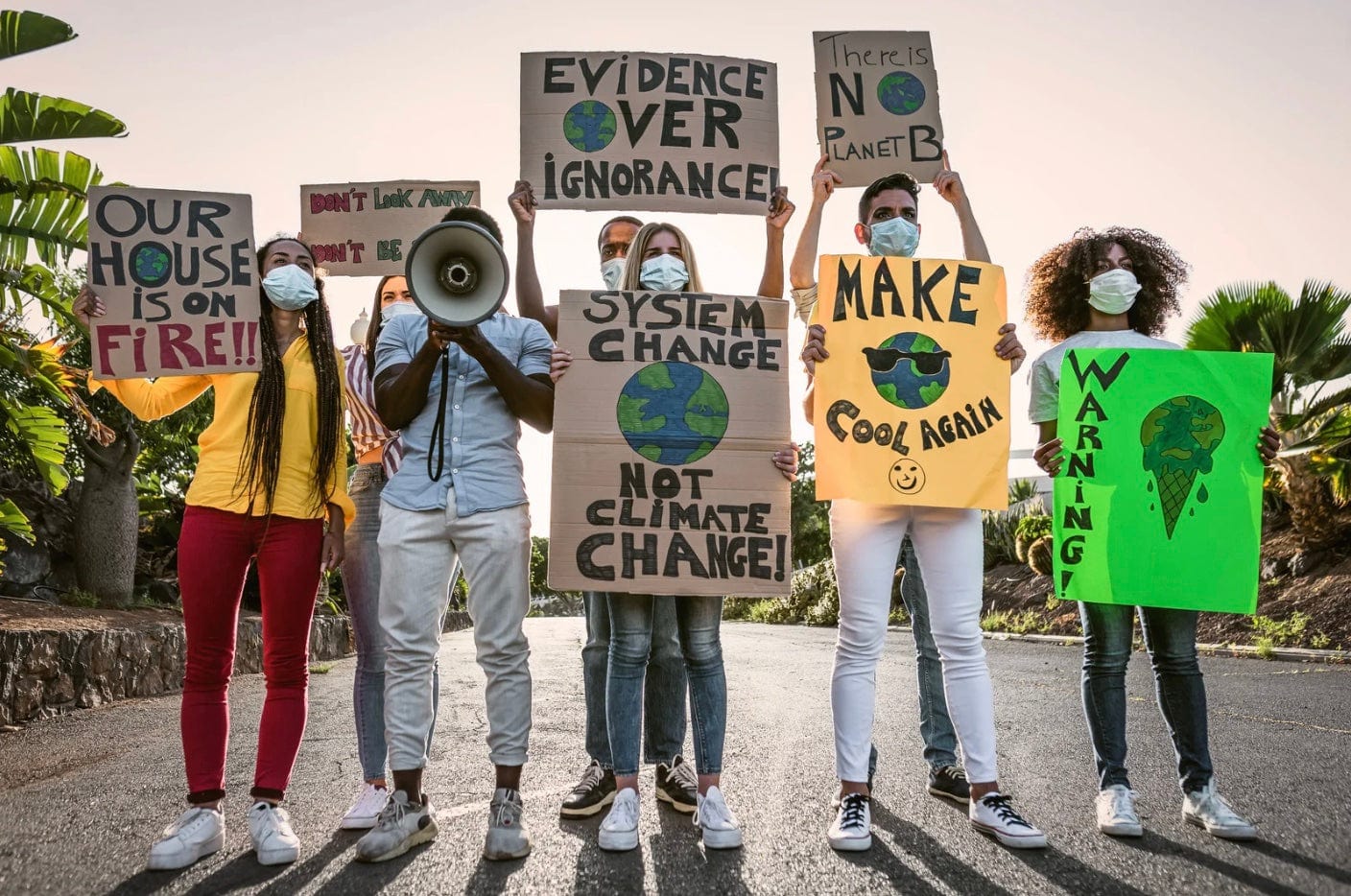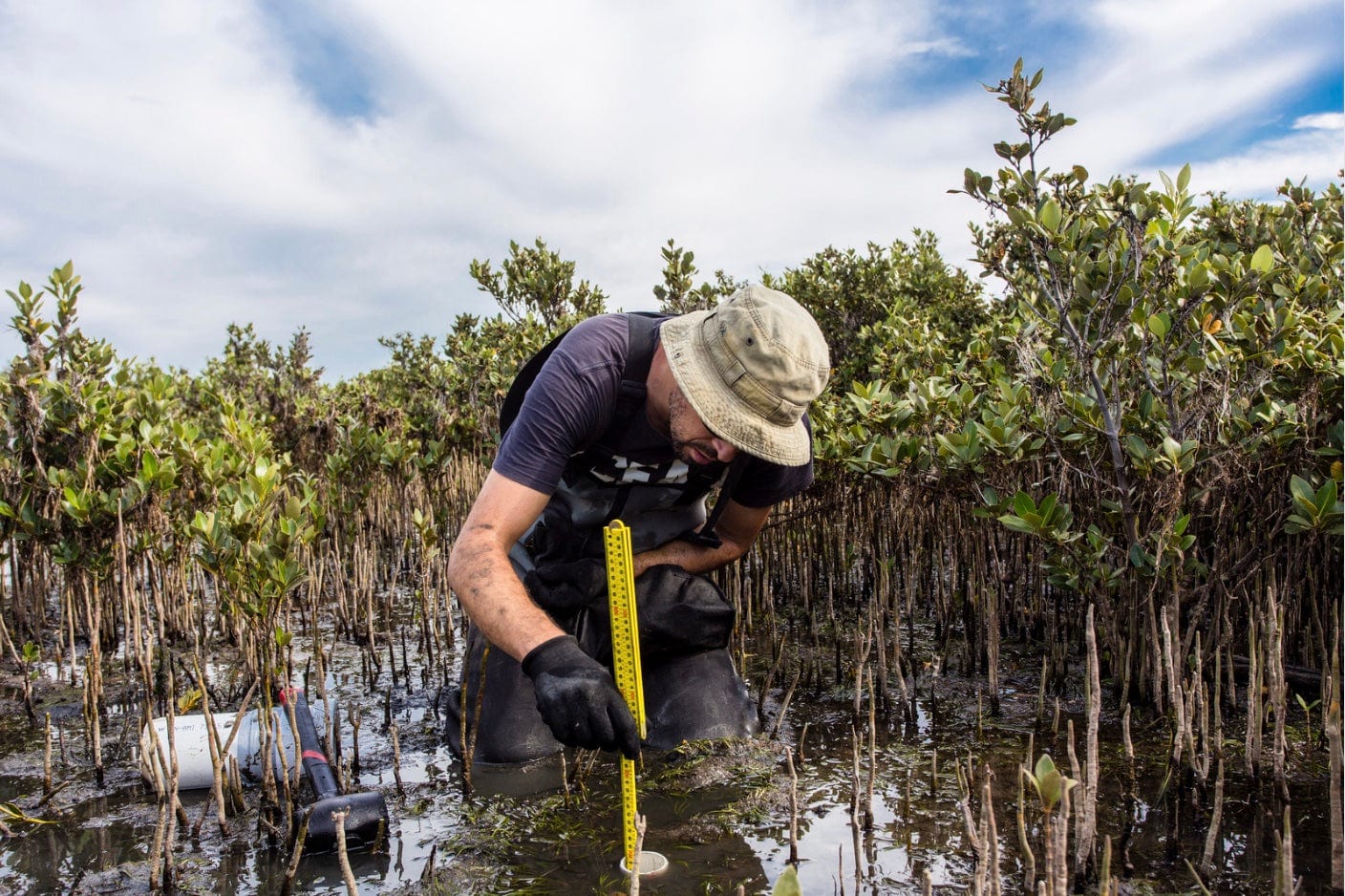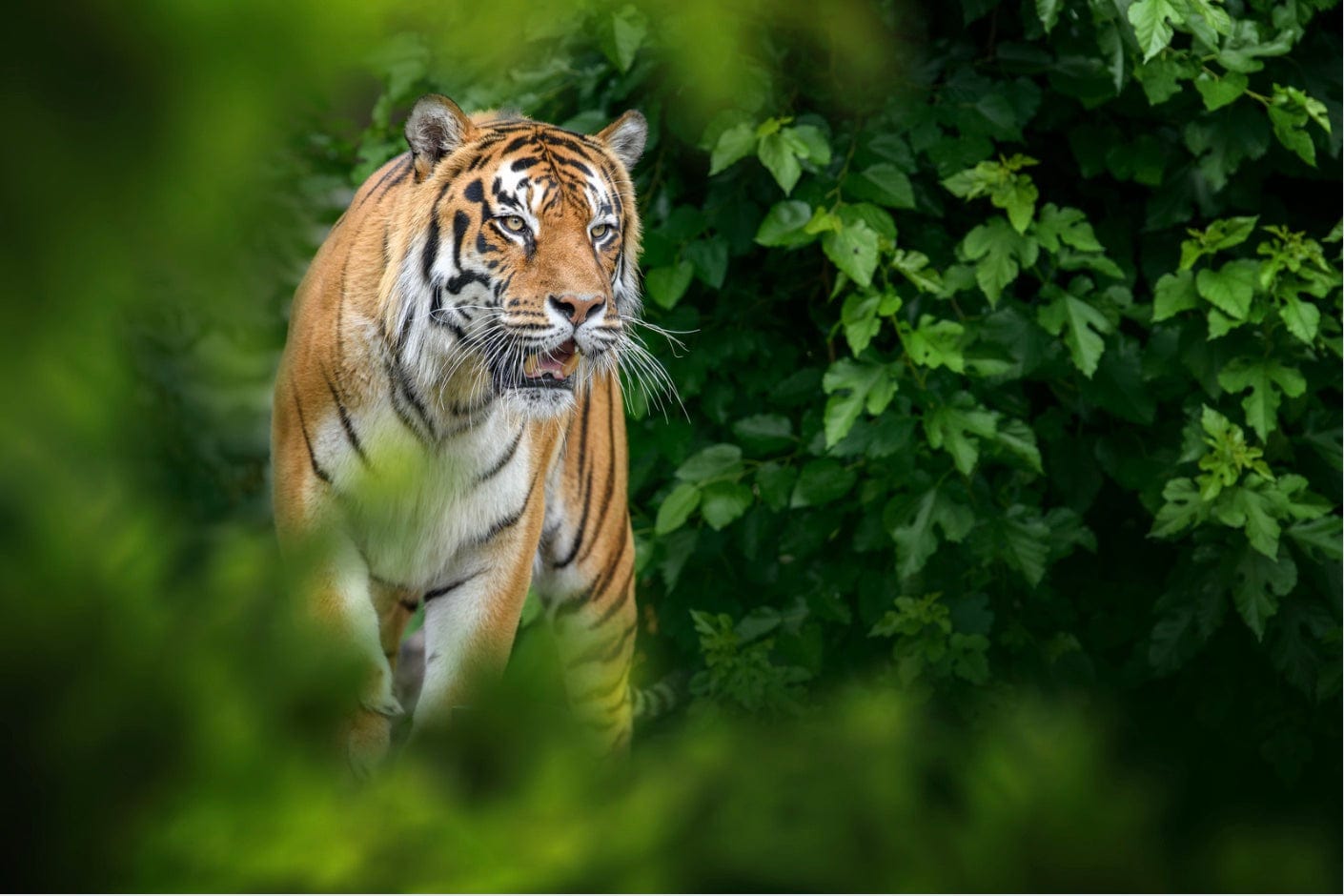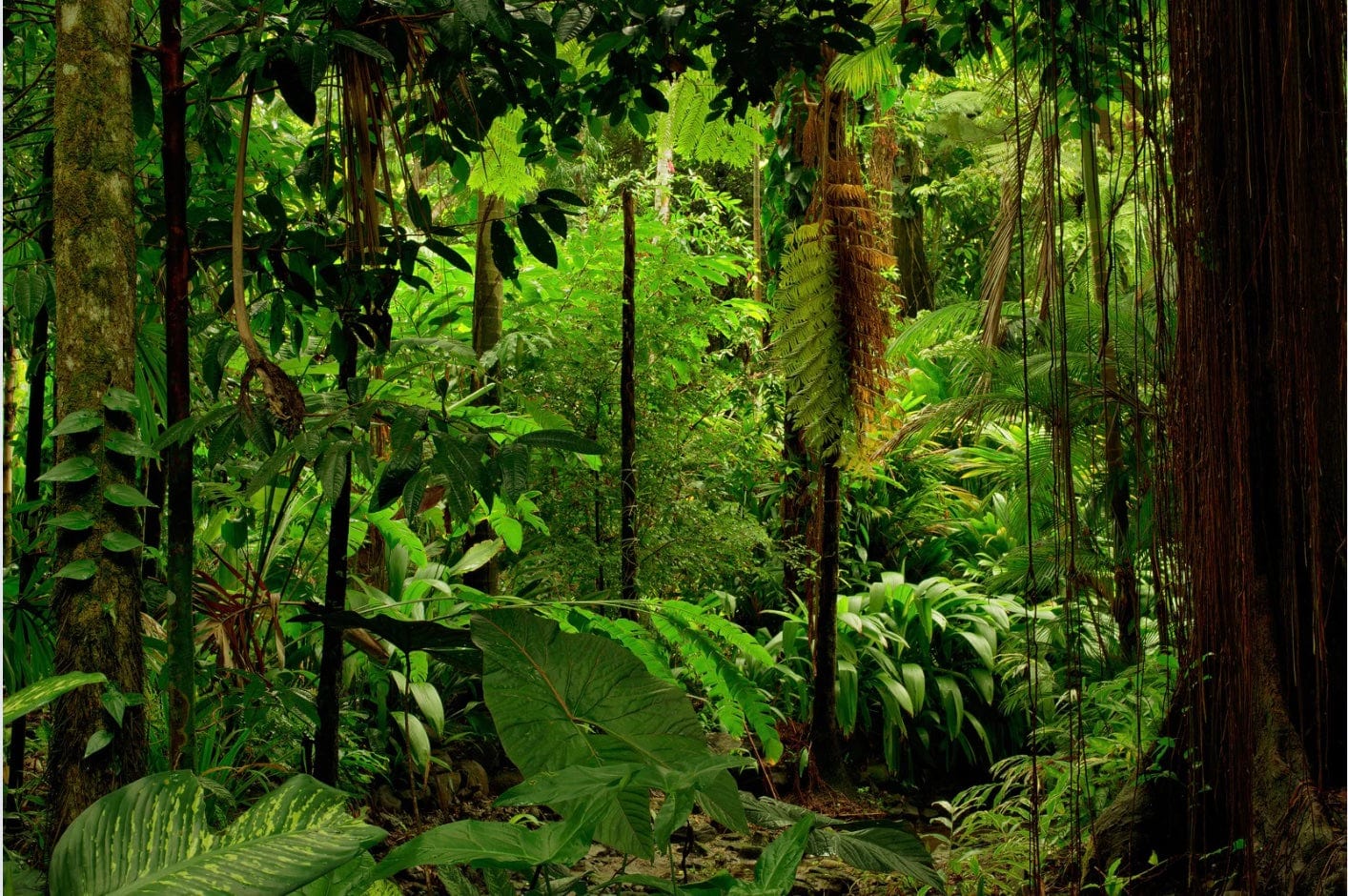How to Combat Climate Change Denial With Facts About Climate Change

Get news, updates, & event Info delivered right to your inbox:
Keep Calm and Stick to the Facts
As temperatures continue to rise, and communities around the world are feeling the effects, there are many people who still deny climate change. They may deny this phenomenon for many reasons, but with each passing year, climate change continues to grow in severity and intensity. Increasing public awareness of the danger is a critical driver of meaningful climate action.
Let’s go over some common claims that are made by climate change skeptics, and the science that refutes them. The next time you are having a friendly conversation with someone who is denying climate change, you can respond with only factual evidence. Through calm and respectful conversation, you may very well help them understand that climate change is real and that the time for action is now.

Is Climate Change Real?
Short answer: yes.
This is a common question amongst those who question climate change, but unfortunately, climate change is very real. It’s as real as the sun in the sky and the trees in the ground.
Many climate change skeptics point to the fact that the climate has historically changed through Earth’s geologic eras, and that is also true. We know there was an ice age, and we know there were periods that were incredibly warm, like the Roman Warm Period that occurred during the first few centuries in the common era.
While some of these periods of unusual temperature variations happened during human existence, it is important to note that they predated the Industrial Revolution — or, when humans began producing enough concentrated emissions to have a significant and noticeable impact on the climate. In fact, in 2021, the UN’s Intergovernmental Panel on Climate Change (IPCC) released a study that showcased the effect the Industrial Revolution had on the climate. They found that human industrial activities that emitted greenhouse gasses are responsible for the Earth warming by 1.1 degrees Celsius (or almost 2 degrees Fahrenheit) from 1850 to 1900.
While 2 degrees may seem considerably minor, think about it in the same perspective you would a fever. The difference between a 100°F fever and a 102°F fever is significant in terms of health outcomes.
This is where we’re at with the climate.
So, yes, throughout the history of our planet, temperatures have varied. Different eras have brought on icy climates while others have showcased near tropical weather. But there is a direct, observed correlation between the drastic change in the climate happening right now and greenhouse gas emissions. This is why climate change is real, and why it’s different from the Earth’s natural changes in climate.
This wasn’t something that our planet did. This is something humans did.

What If Climate Scientists Are Wrong?
Throughout history, scientists have often thought the world to be one thing when it was something different altogether. This is a hallmark of the hypothesis stage of the scientific method. There was once a time when the brightest minds in the world thought our solar system was geocentric –– that Earth was in the center of the universe. We now know that this is not the case. Our solar system is very much heliocentric, meaning everything rotates around the sun.
There have been many other times throughout history where scientists may have thought one thing only to be proven wrong centuries later. This is how science has progressed — and in our thousands of years of existence, it is the best method that humans have developed to answer the big questions that face us.
Because of this, many climate change skeptics will say that scientists could very well be wrong about climate change. Unfortunately, that’s simply not true. The evidence overwhelmingly corroborates it.
There is a clear consensus among scientists that climate change is very much real and is getting worse. The IPCC notes that climate change is only accelerating, and is projected to reach unprecedented heights a full decade earlier than scientists had originally projected, unless meaningful action is taken.
It’s also important to note what’s at stake here. If scientists are wrong, and climate change isn’t as deadly as we thought, the worst that would happen is that we would have transformed our infrastructure and supply chains to be less environmentally degrading, and put systems in place to protect the environment for future generations. If climate change deniers are wrong, and climate change is real and deadly, the worst that can happen if no action is taken is much more catastrophic.
The evidence is there to back up the existence of climate change, and we are already seeing its effects.

Won’t Biodiversity Just Adapt to the New Climate?
Biodiversity is masterful at adaptation. We’ve seen it happen throughout the course of Earth’s history and evolution. They adapt to their circumstances, coming out stronger than ever. They need to, to survive the test of time.
So, it stands to reason that all species will adapt to the rising temperatures and weather extremes and come out better, right? Unfortunately, that’s not the case.
Although change is the only constant in nature, human-caused climate change is happening much more rapidly than predicted. That means that wildlife simply doesn’t have time to adapt to these changes. With water temperatures rising and habitat loss aplenty, thousands of threatened and endangered species are directly affected by climate change.
All of these species also have nothing to do with climate change. They are not the ones who caused it, yet they are suffering the consequences of it. It’s our job to protect these species, ensuring that they live on for generations to come in beautiful landscapes and thriving ecosystems.

Is It Too Late to Take Action?
The idea of reversing climate change is daunting — and scientists have confirmed that we have already surpassed the tipping point of temperature rise. To many people, this is discouraging enough to induce apathy and inaction — after all, what can be done if it’s already happening? The temperatures are rising. Natural disasters continue to happen. How can we change that?
While it’s certainly understandable to be overwhelmed by climate change, there is hope. To see that hope into fruition, action is necessary today.
At One Tree Planted, we firmly believe that everyone can make a difference when it comes to climate change. Every action helps –– no matter the size. You can get involved by picking up trash at a local park, or volunteering at a beach cleanup near you. Maybe getting involved looks like composting in your backyard to minimize food waste, or planting a native tree or pollinator garden. Whatever action you take, you’re making a difference.
Climate change is scary. We get it. But here’s the thing: it’s never too late to do something good. Making an impact and helping others is the right thing to do, so let’s go out and do it.
We want to make it easy for you to make an impact when it comes to climate change. The next time you’re talking to someone who seems a little skeptical, kindly remind them of the factual evidence supporting the existence of climate change.
By planting that seed, you very well could be inspiring someone to make a lasting impact, and that’s an incredible legacy to leave behind.
If you’re looking for another easy way to make an impact, plant trees where they’re needed most! Trees help the climate in so many different ways, from storing carbon to restoring biodiversity habitat. They have consistently been identified as a top climate change solution. So plant a tree today, for a greener tomorrow.
Get news, updates, & event Info delivered right to your inbox:
Related Posts
Real vs. Fake Christmas Trees: Which is Better For the Environment?
20/11/2025 by Meaghan Weeden
8 Reasons to be Grateful for Trees This Thanksgiving
18/11/2025 by Meaghan Weeden
The Ultimate Guide to Sustainable Holiday Gifting
13/11/2025 by Meaghan Weeden
Popular On One Tree Planted
What Causes Deforestation?
10/07/2025 by Meaghan Weeden
8 Amazing Bamboo Facts
14/01/2025 by Meaghan Weeden
Inspirational Quotes About Trees
09/01/2025 by Meaghan Weeden
Fundraising Disclosures

Be Part of the
Restoration Movement
The Grove is more than just a monthly giving program: it's a vibrant community of individuals who are dedicated to reforestation and environmental restoration on a global scale.
As a member of The Grove, you affirm your commitment to restoring forests, nurturing biodiversity, and fostering positive global change.





